
Brian Ongioni, chief product officer, uMotif, discusses how AI and machine learning can enhance patient-reported outcomes by capturing meaningful feedback at scale and ensuring patient voices are reflected throughout the clinical trial lifecycle.

Brian Ongioni, chief product officer, uMotif, discusses how AI and machine learning can enhance patient-reported outcomes by capturing meaningful feedback at scale and ensuring patient voices are reflected throughout the clinical trial lifecycle.

Brian Ongioni, chief product officer, uMotif, explains how early patient feedback plays a crucial role in shaping digital endpoints to ensure they are relevant, reliable, and acceptable to regulators and payers—ultimately improving clinical trial outcomes and data quality.

Brian Ongioni, chief product officer, uMotif, explains how early site feedback and patient involvement in software development help sponsors streamline clinical trial workflows and reduce burden on both sites and participants.
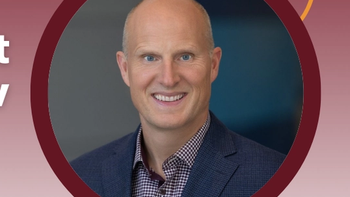
Peter Ronco, CEO, Emmes, shares his long-term vision for artificial intelligence in clinical research, from making automation routine to improving drug discovery, transforming regulatory oversight, reducing animal testing, and promoting ethical, equitable data use worldwide.

Peter Ronco, CEO, Emmes, explains how the company is investing in transparent goal setting, comprehensive education, and evolving talent strategies to embed AI-driven workflows across all teams—transforming the culture to embrace technology as a catalyst for innovation and efficiency in clinical development.

Brian Ongioni, chief product officer, uMotif, shares how early collaboration with patients and clinical sites helps shape intuitive, accessible digital health tools—and why co-design is key to building effective clinical research platforms.

Peter Ronco, CEO, Emmes, explains why AI in clinical development still needs human oversight despite widespread hype.
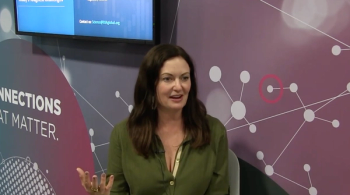
In an interview with ACT senior editor Andy Studna at the 2025 DIA Global Annual Meeting, Carie Pierce, SVP, global head of growth & business development, DIA, reflects on the importance of leadership to drive progress in clinical research amid evolving regulatory and funding challenges.

Peter Ronco, CEO, Emmes, explains how public sector leaders are driving innovation in clinical development through automation, long-term data utilization, and experimental trial design—despite the private sector dominating the conversation around artificial intelligence.

In an interview with ACT senior editor Andy Studna at the 2025 DIA Global Annual Meeting, Carie Pierce, SVP, global head of growth & business development, DIA, shares her perspective on the progress of international regulatory initiatives like Project Orbis and highlights the industry’s renewed focus on scientific integrity amid global challenges.
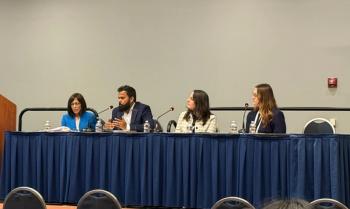
Using a recent survey on the adoption of AI/ML conducted by the Tufts CSDD as context, pharma leaders discussed how they are using these technologies to optimize trial execution.

In an interview with ACT senior editor Andy Studna at the 2025 DIA Global Annual Meeting, Carie Pierce, SVP, global head of growth & business development, DIA, discusses the growing emphasis on meaningful patient inclusion in clinical trial design and the importance of cross-sector collaboration to drive innovation in the clinical research ecosystem.
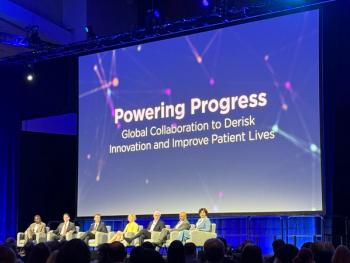
Global R&D leaders discuss the need for collaboration in medical research and how regulatory agencies are working to create the proper environment for advancements.
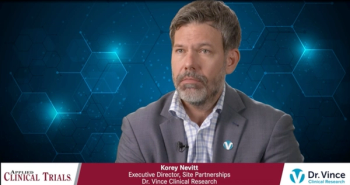
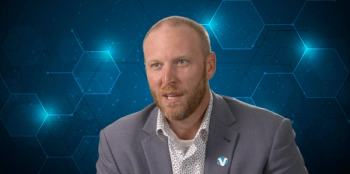

Jon Ernst (Vice President, In-Home Solutions, Decentralized Clinical Trials) discusses today's clinical trial landscape.

In part 3 of this video interview, Carie Pierce, SVP, global head of growth & business development, DIA highlights the most relevant themes related to clinical trials that were present at DIA including DE&I and patient recruitment.

Carie Pierce, SVP, global head of growth & business development, DIA touches on the various themes of the sessions which were held at the 2024 Global Annual Meeting including regulatory, technology, and harmonization.

Pierce shares her greatest takeaways from this year's meeting in San Diego, CA.
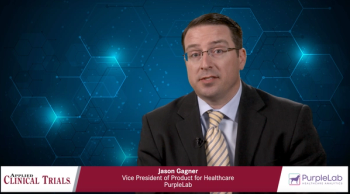
Jason Gagner (Vice President of Product for Life Science, PurpleLab) talks about clinical trial variables and how PurpleLab is working to maintain patient retention and accelerate site feasibility.
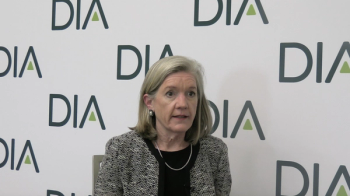
In an interview with ACT editor Andy Studna at DIA 2024, Beakes-Read, head, global regulatory policy and intelligence, Johnson & Johnson Innovative Medicine highlights the integration of technological advancements into drug development and benefits patients are seeing from FDA's Accelerated Approval Program.
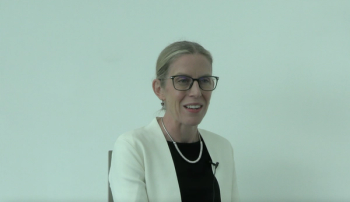
In an interview with ACT editor Andy Studna at DIA 2024, Cuff Shimooka, chief operating officer of TransCelerate Biopharma touches on how collaboration will be key to innovation in clinical research moving forward.
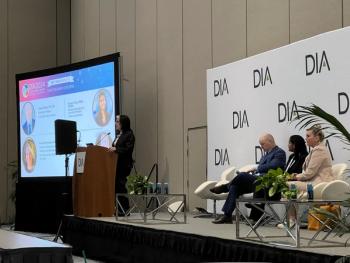
Breakout session discusses the impact of incorporating decentralized elements into oncology clinical trials on data integrity, patient safety, and regulatory approvals.
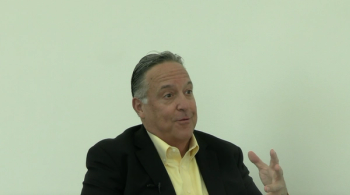
In an interview with ACT editor Andy Studna at DIA 2024, DiCicco, vice president, portfolio management, TransCelerate Biopharma highlights the use of artificial intelligence in clinical research from the perspectives of different stakeholders.
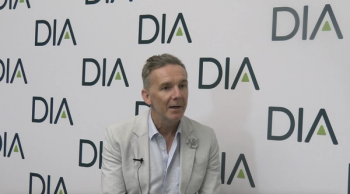
In an interview with ACT editor Andy Studna at DIA 2024, Hughes, co-founder and chief commercial officer of CluePoints touches on collaboration with FDA and using artificial intelligence in clinical research.
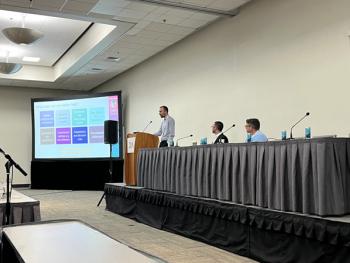
Session highlights the value of simulations such as data analysis and endpoint selection in clinical development.
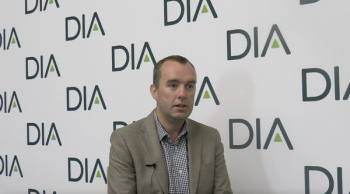
In an interview with ACT editor Andy Studna at DIA 2024, Dabbs, vice president, global product strategy, IQVIA highlights challenges with tech overload and how stakeholders can choose which solution(s) are best for their studies.
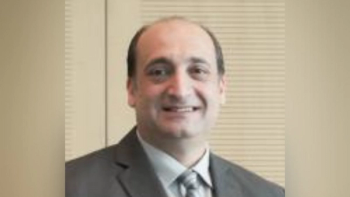
Fathallah shares his thoughts on the recent DIA 2023 Annual Meeting in Boston, MA.
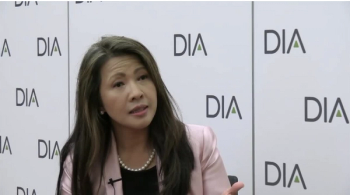
Perceived barriers of DCTs can be quickly overcome to ensure their viability in clinical research.
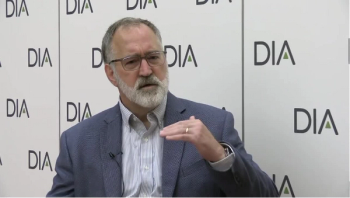
How will AI best be positioned to help safety professionals best utilize their time and resources?